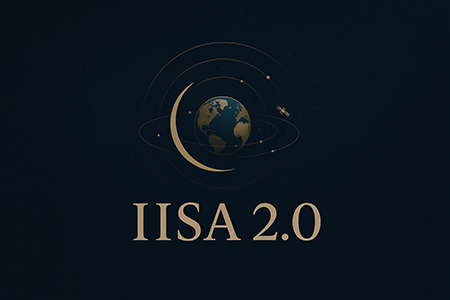Please click here to read the full article
Since taking office in May 2015, Nigerian President Muhammadu Buhari has made defeating Boko Haram the top priority of his government. One year later, the government considers the insurgency, a brutal campaign that has left over 20,000 dead in the Lake Chad region, to be “technically defeated”. But, with suicide attacks and raids on villages and military posts occurring weekly, the situation in the North-east of the country, and around Lake Chad more generally, is far from secure. The government has sought to defeat the jihadist group militarily, weakening its ability to hold territory. While it has been successful on this account, maintaining the current line of action is unlikely to bring stability to the region in the long run.
In this post, IISA briefly considers several socio-political elements that suggest that the Nigerian government needs to rethink and widen its counter-insurgency strategy. We examine the effectiveness of “pushing back” the group from the North-east, reflect on socio-economic inequalities and their role in the conflict and on the appropriateness of the aid being delivered. We also question the army’s limited capacity to win hearts and minds, and the use of civilian defence forces.

